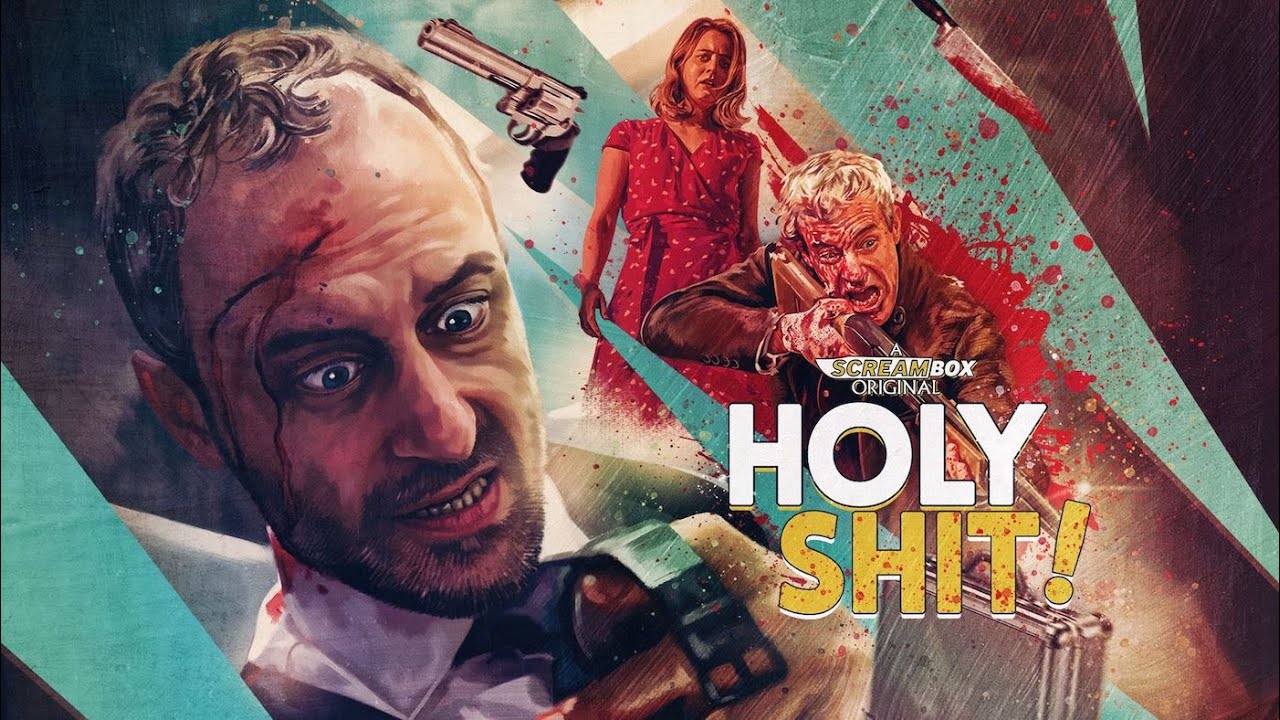“Let’s put the poop back into the loop.”
For many people, their own feces are a taboo subject. As if it were a secret that what goes into the human body at the top must come out at the bottom. Just in a less appetizing form. We all do it: excrete, defecate, poop, shit, sausage. Everything used to seem so simple: people brought their own excrement to the fields and used it as natural fertilizer. This promoted the growth of the plants, which entered the body when consumed and there... correctly, turned into feces, which was then used again for agricultural purposes. This nutrient cycle was broken with urbanization and the widespread construction of sewage systems. Today, feces are considered waste that are flushed down with drinking water in sanitary facilities. And then?
In “Holy Shit” documentary filmmaker Rubén Abruña (“The Absent House”) addresses these and many other questions surrounding the topic of excretions. From the initial question of where feces and urine actually end up (a visit to the Paris sewers provides the answer), we move on to the sewage system in Chicago, where the polluted water is cleaned of pollutants until it is ready to drink again. A different cycle that is more fair to modern living conditions. Just one with quite serious downsides. Because in the sewer system, wastewater mixes with industrial waste, hospital toxins and other toxic substances. They remain in the final sewage sludge, which in many regions (an exemplary example can be found in the rural USA, more precisely in Maine) is given out to farmers as free fertilizer. With the unpleasant side effect of groundwater and soil contamination.
The alternative is industrially produced fertilizer. However, phosphate is required to produce it. Its global resources, around 70 percent of which are in Western Sahara, will be exhausted by the end of this century. A rethinking of the fertilizer issue seems inevitable - also due to the immense environmental pollution caused by the mining of phosphate rock. So Abruña travels around the world with a self-made turd attached to this or that vehicle with two eyes and a halo. He talks to experts, scientists and, above all, people who demonstrate alternative treatment methods in use. The spectrum ranges from rudimentary dry toilets in the slums of Uganda's capital Kampala to a showcase building project in Hamburg.
The entertainment value of the meaningful and, in particular, thought-provoking journey is underpinned by Christoph Maria Herbst (“Stromberg”), who provides the voice of the author and director in the German version. The idealism demonstrated by Abruña, which in parts clearly deviates from the achievements and comforts of modernity, undoubtedly makes a contribution to environmental protection. In addition to scientifically based evidence of the advantages, which are essential for widespread acceptance, especially in industrialized nations, there are also industry lobby and political hurdles standing in the way this time. The path to no longer viewing human excrement as waste but as an essential resource is (still) a very long one. Anyone who is willing to go along with this or would like to read further into the topic of “Holy Shit” will find relevant information here.


